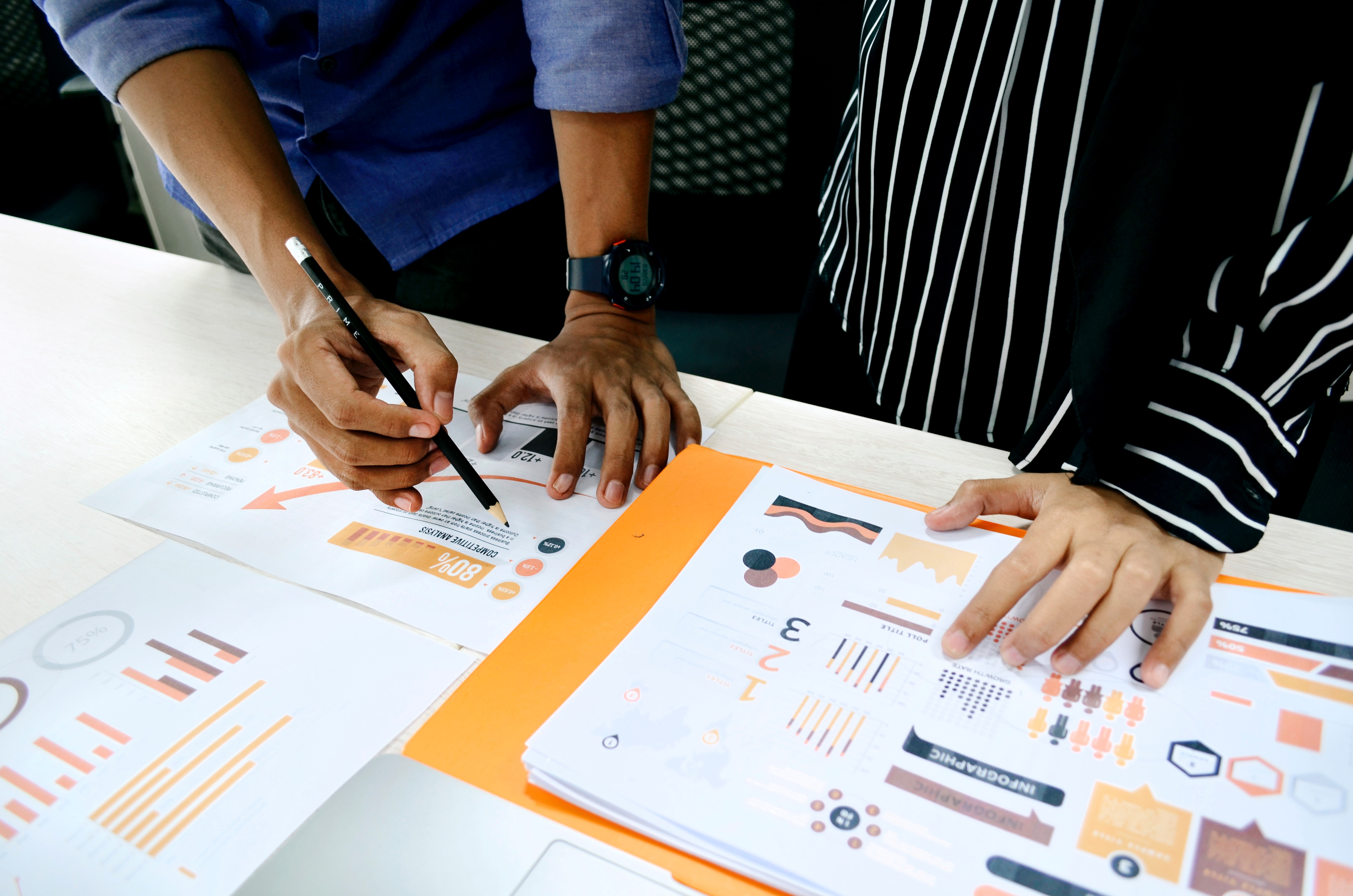210+ Fellows
We fund researchers, research software engineers, and industry staff who want to improve software practices in their areas.
ApplyReports and polices
We have collaborated with a range of policymakers to develop 32 reports and policies.
Find out more8,000+ researchers trained
We created and now maintain a scalable and sustainable national training environment by developing new courses, organising workshops, and bringing in and training new instructors.
Get involvedRSE Society
From coining the term "RSE" to creating the UK RSE Association and supporting its members towards the RSE Society, the SSI is at the core of this movement.
Read MoreGlobal leadership
The SSI is a recognised authority on research software policy. We are a global leader in promoting the development, implementation, and adoption of policies around research software.
The widely used Software Citation Principles ensure that software developers are properly credited in scholarly publications, and the Citation File Format that derives from these principles has been adopted by three international organisations: GitHub, Zenodo and Zotero. The FAIR Principles for Research Software (FAIR4RS) help developers to make tools that are findable, accessible, interoperable, and reusable.
We have used our role as a trusted authority to define and develop these principles in collaboration with the research software community, while also contributing to major policies and recommendations around open research, reproducibility, and skills development.

"The UK’s visionary investment in the SSI enabled the adoption of practices for developing research software that meets the needs of reliable, reproducible, and reusable research"Michelle Barker
Research Software Alliance
Director
Key outputs

The Midterm Review draws together some of the achievements of the Software Sustainability Institute since its foundation in 2010.

From 2021 to 2023, we conducted four studies to understand software needs and use in the UK research community, commissioned by some of the UK research councils.

We developed a new 5-day course on intermediate research software skills, with 297 RSEs trained at 15 workshops run at 5 institutions from 2021—2023.

The RSE International Survey is conducted in eight countries and covers all aspects of the practice of research software engineering, and the results aim to understand and improve the working conditions of RSEs around the world.
Championing software in research: Hidden REF
The SSI has built a grassroots community to campaign for recognition of a broader range of research outputs and the hidden roles that help to create them. The centrepiece of this strategy is the popular Hidden REF competition, which we held in 2021 to shine a light on underappreciated research outputs. The format of the hidden REF is modelled on the assessment approach taken by the REF itself, while the focus is on identifying and championing overlooked outputs.
The first competition received over 120 submissions in 22 categories from at least 44 institutions. It culminated in an award ceremony attended by more than 130 people.
The Hidden REF has attracted significant media interest and stimulated a large number of conversations online. Articles on this movement have appeared in Nature, Times Higher Education and Emerald.
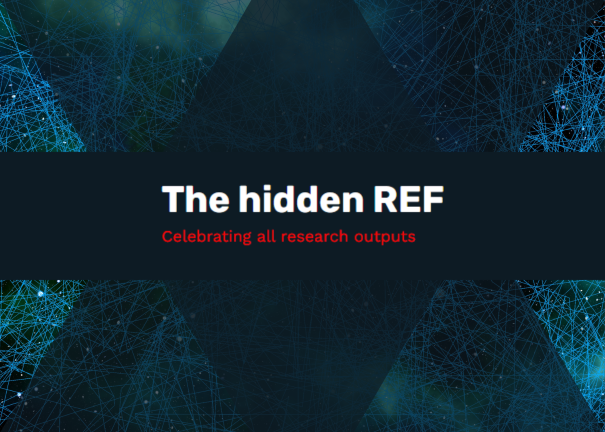
Founding and growing the Research Software Engineering community
In 2012, we started the Research Software Engineering movement. Since then, we have created and cultivated a thriving international community of RSEs, worked to ensure that universities and funders recognise the vital role that RSEs play in enabling high-quality research, and changed the way people think about how research groups should be constructed.
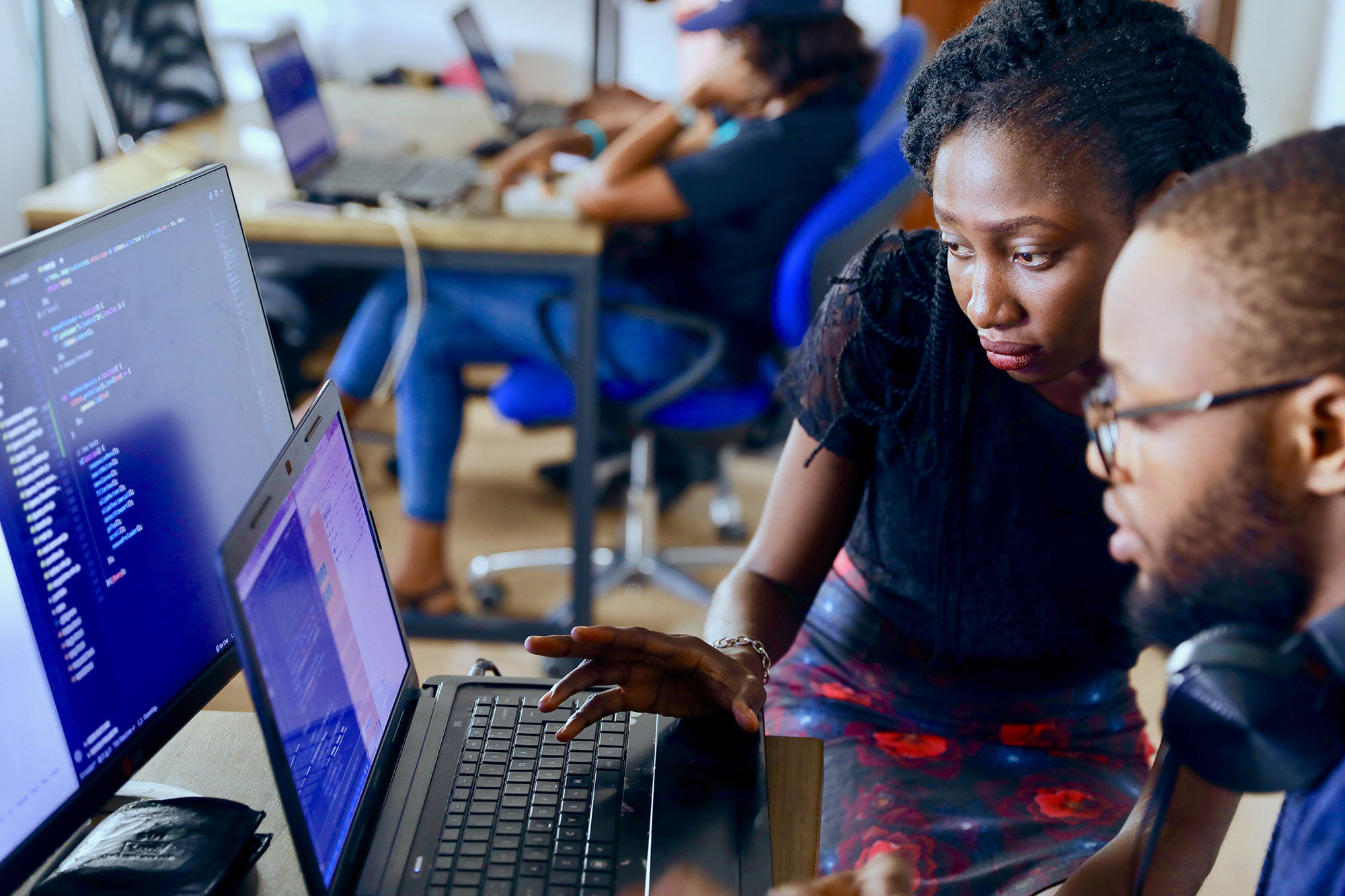
Improving sustainability in research software projects
We have improved research software through our Online Sustainability Evaluation and Research Software Health Check services. More than 460 projects have benefited from the Online Sustainability evaluation.

Building collaborations across the community
Running since 2012, our annual Collaborations Workshop (CW) brings together participants from across the research software community to generate new ideas and meet new collaborators. Now in its 14th year, CW consistently receives enthusiastic feedback, with participants commending the diversity and inclusivity of the event and highlighting its capacity to inspire and connect.
Some of the ideas born at previous Collaborations Workshops include:
- Coining the term Research Software Engineers.
- CarpentriesOffline aims to facilitate software engineering training in areas with limited or no internet access.
- Coding Confessions aims to normalise failure as an integral and unavoidable part of the research process, allowing researchers and RSEs to disclose mistakes without apprehension.
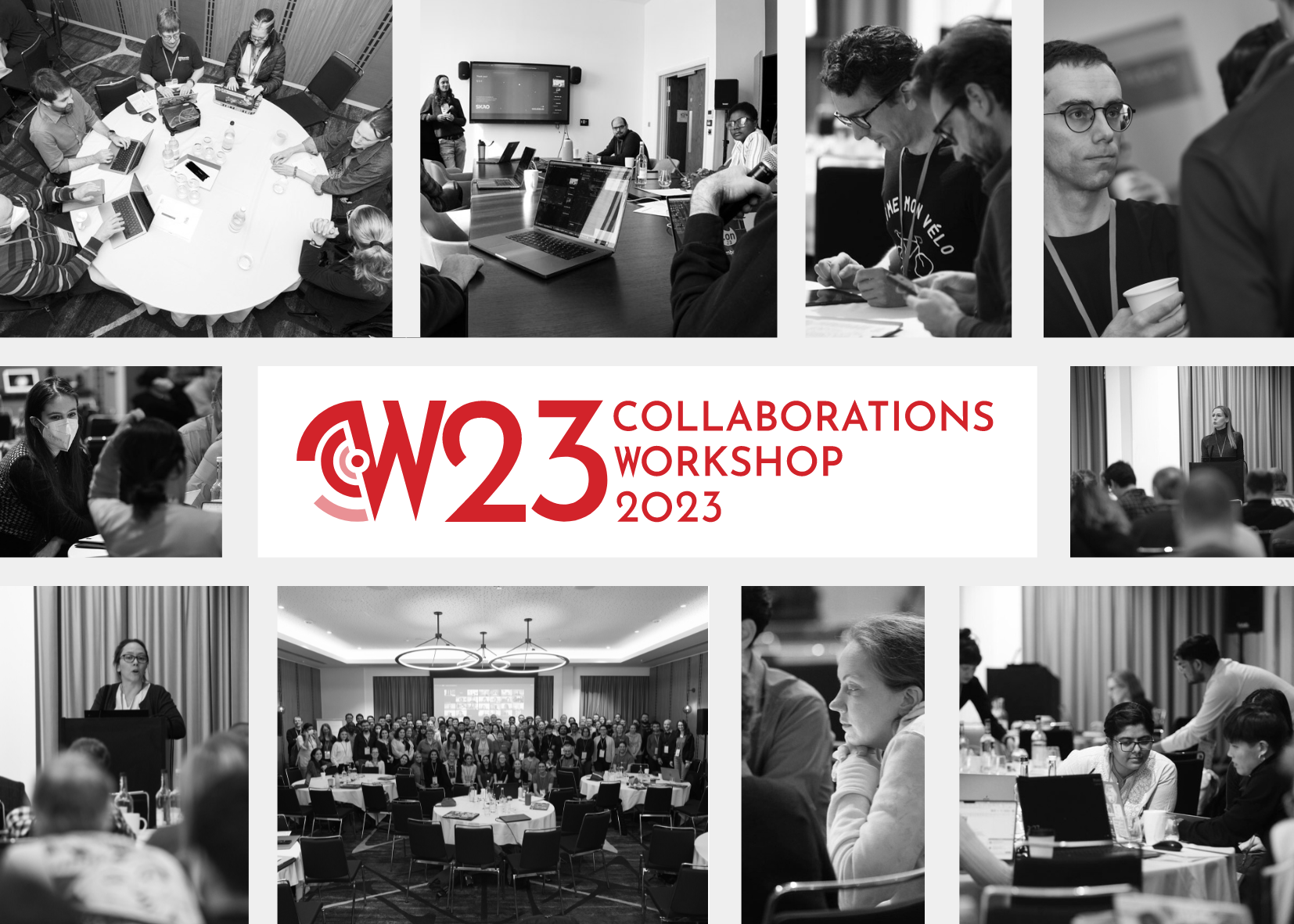
Reaching new audiences
Since 2021, the SSI has run five Research Software Camps, tackling the themes of research accessibility, research tools, improving computational skills, and mental health. In parallel, we've run a mentorship programme to provide one-to-one support and advice to over 50 researchers in 2 years.
To date, we've attracted a total of 400+ participants, of whom 42% are new to SSI. We have also delivered in multiple languages to increase accessibility, including Spanish and Ukrainian.
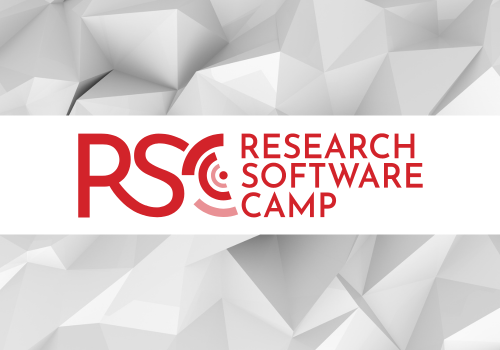
"The SSI has been the catalyst for the development of a strong software development community in the UK, which is now self-sustaining and has developed further international linkages"From the Independent Midterm Review of the SSI
UKRI

